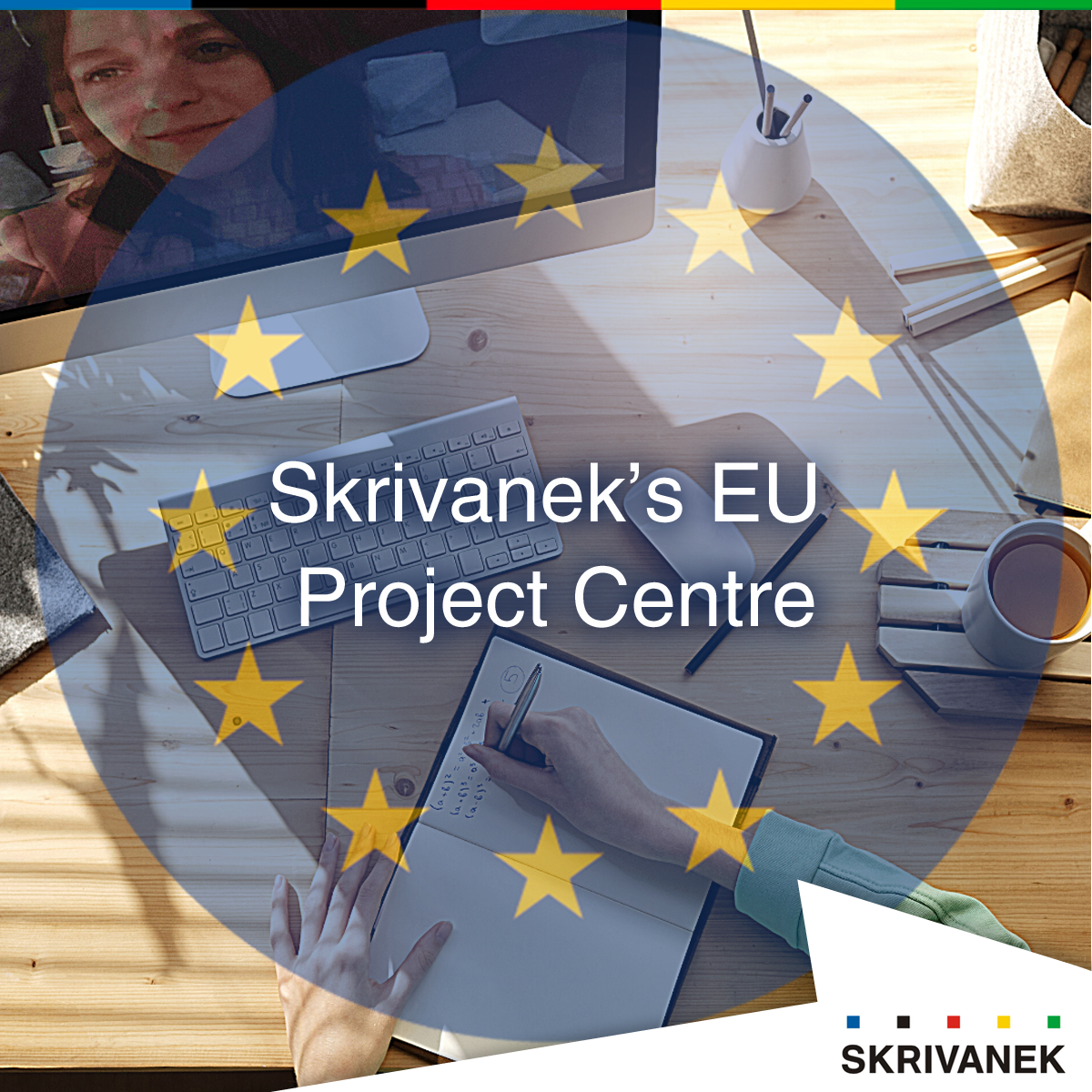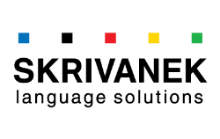
Skrivanek makes every effort to support its translators, even in the face of a pandemic. The present situation does not lend itself to meetings in person, which is why we decided to offer our translators online training, concentrating on the translation of EU documents and finding terminology in EU databases.
Skrivanek has been providing language services for EU bodies and institutions since 2004 when the Czech Republic joined the EU. For these purposes, our company established the EU Project Centre, which exclusively specialises in translations for these clients with volumes exceeding 60,000 pages of text every year. Characterised by a high degree of difficulty and expertise, these translations not only consist of content, covering a wide range of fields (from economy and IT to agriculture and much more), but also require knowledge of complex EU terminology.
Adhering to terminology that has been developed during the translation of legal acts into the union’s official languages is a condition, which must always be met when translating for the EU. Translators are also expected to observe general principles that would apply in any other situation (translations must be accurate, comprehensible, grammatically correct, and written in a style appropriate to their purpose and target group, taking into account instructions and provided reference materials). For translators, this often means putting on their detective hat. They have to identify, seek out, verify, and consistently use the right terms.
A total of 258 of our translators, who wanted to learn about the topic or to expand their knowledge, expressed their interest in the training. We prepared two web seminars for them in April and in May 2020 at elementary and advanced levels. Both seminars were held via the online Clickmeeting application under the guidance of our Global Sales Manager, Jaroslava Ouzká, who manages the EU Project Centre and has the most experience with these translations within our company.
The translators were informed about everything they need to focus on when translating these kinds of texts and how to work with resources for finding EU terminology, especially:
EUR-Lex – a database of texts in all official EU languages, containing EU treaties and all other EU legislation (e.g. directives and regulations), judgments of the European Court of Justice, and draft legislation.
Interinstitutional Style Guide – uniform stylistic rules and conventions that must be used by all institutions, bodies, offices, and agencies of the EU.
IATE – Interactive Terminology for Europe. A terminology database, containing terms from all areas of EU activity, information on the reliability of terminology, and other additional information.
Our thanks to all of the translators who took part in the training. We wish them every success in their translation work. If you have any further questions on this topic, please do not hesitate to contact us.

